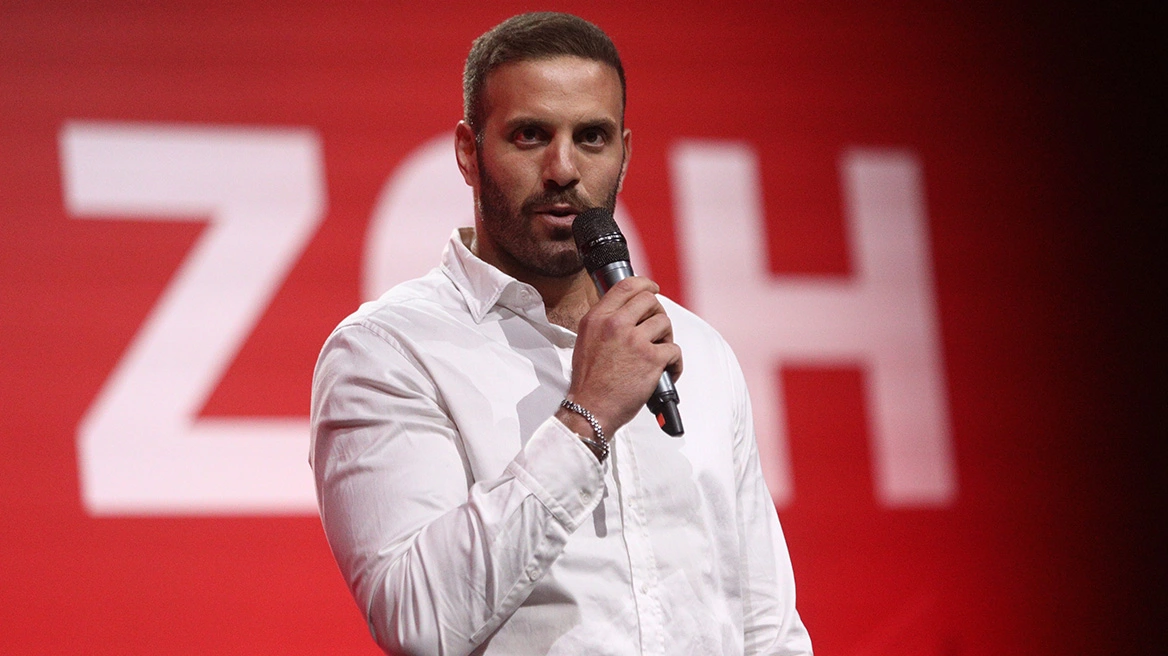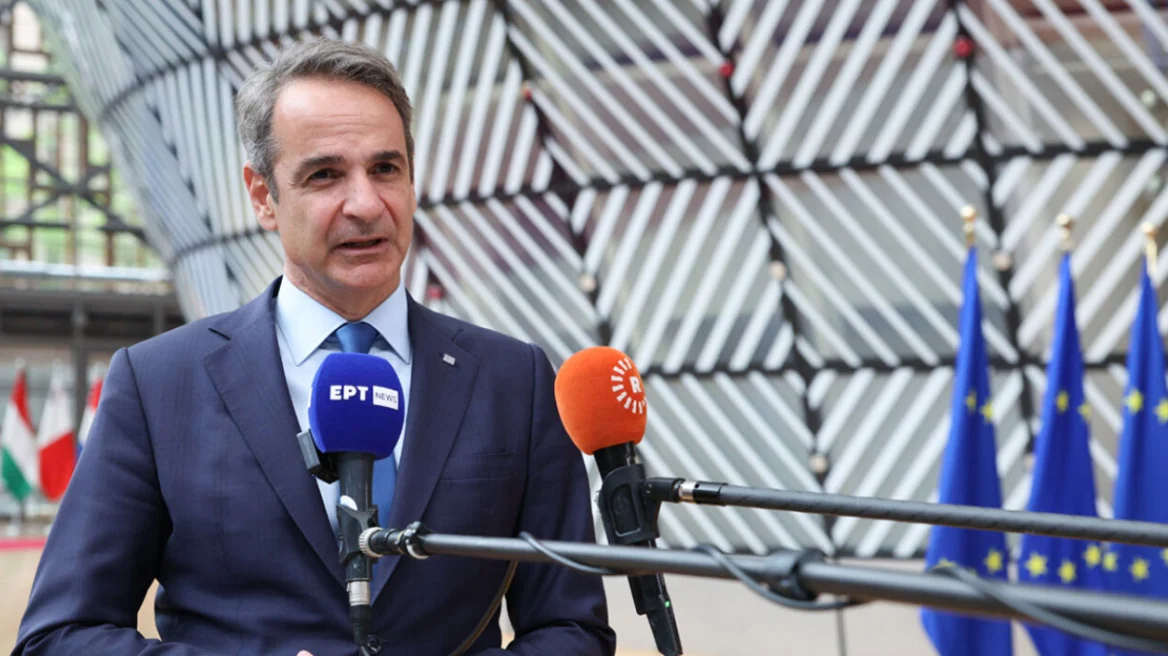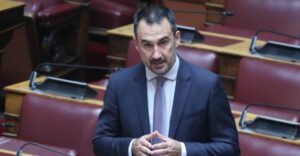The course of the Greek economy in 2025 will be decided on two major fronts.
The first is the continuation of fiscal stability with high primary surpluses that contribute to faster debt reduction and the implementation of a growth-oriented tax policy with a strong social dimension.
The second is the rapid disbursement of the Recovery Fund resources. Through it, key reforms are being promoted that cut across the economy, in the private and public sectors, ranging from energy and justice to reducing bureaucracy and strengthening civil protection by building key infrastructure to prevent and address the impacts of climate change. These are reforms that can change the basic operating structures of the economy which are essential to change the country’s productive model.
Greece has so far achieved the disbursement of more than 50% of the Recovery Fund. By the end of December, €18.1 billion of the total €36 billion of the Fund’s funds committed to the country had been disbursed, marking a remarkable performance. The rest should be disbursed by the end of 2026. This means that 2025 is crucial for the achievement of this major objective which will be judged both in terms of disbursements and absorption which requires the smooth implementation of the major programme of projects and reforms planned. It is indicative that for 2025 the target is to disburse around EUR 9.4 billion from the Recovery Fund. An amount much higher than the €6.2 billion received in 2024. Therefore, the stakes are high for the government’s economic staff as it attempts to accelerate the pace of implementation of the reforms to which the European funds are linked.
Mortgage
The reduced supply of affordable rental houses is a major problem affecting large categories of citizens. Attempts are being made to address this through interventions in the housing market one of which is the “My House 2” programme to be funded by the Recovery Fund. This is a program of low-interest mortgage loans for the purchase of first homes with extended income criteria and a total budget of €2 billion. Membership applications are expected to start on 15 January.
Labour Market
The shortage of workers in key sectors of the economy, from construction, industry and agricultural production to catering and tourism is a major “thorn” for the Greek economy. Critical aspects of the problem are attempted to be addressed by actions included in the Recovery Fund, such as the active employment programs of the DYPA and other active labour market policies. In this context, the government is considering several incentives that could be promoted through the Recovery Fund to encourage the return of highly qualified young people who left the country over the past decade. At the same time, incentives are being considered to increase labour market participation of young people and women who currently have very low rates of integration.
Justice
It is well known that the justice sector, which is a key element for the proper and efficient functioning of the economy, in Greece is characterized by dysfunctions, lengthy bureaucratic procedures and lack of infrastructure, which in many cases constitute an obstacle to the implementation of investments. The reform of the sector to speed up the adjudication of cases is one of the important reforms included in the Development Fund. The project is scheduled for completion by the end of the year with funding totalling €550 million.
Energy
Programs ranging from energy upgrading of buildings through the “Execo” programs and the electrification of transport by renewing the public transport fleet to the installation of chargers and the promotion of large-scale energy storage systems on islands have been included in the Recovery Fund. Their implementation is underway with a view to completion by the end of the year.
The project is scheduled to be completed by the end of the year.
Ask me anything
Explore related questions





